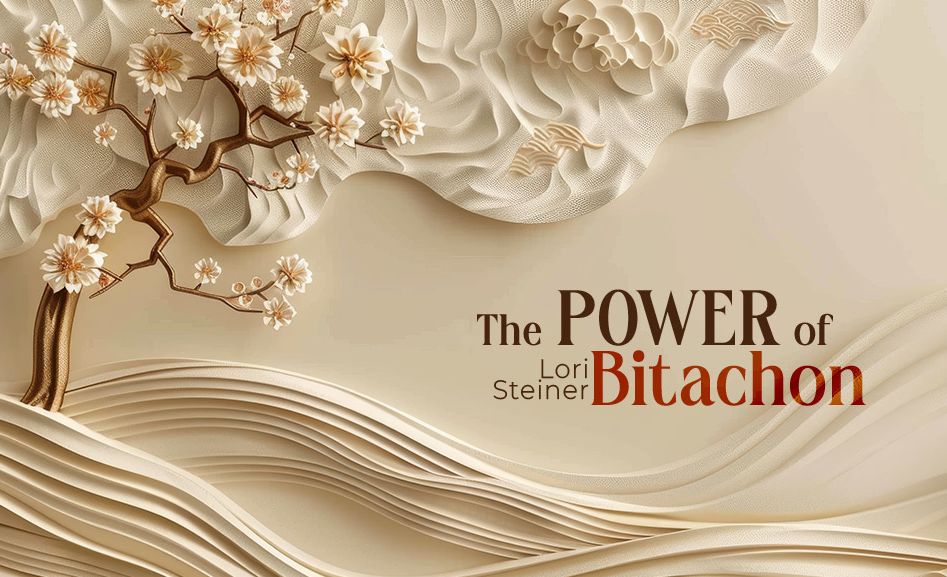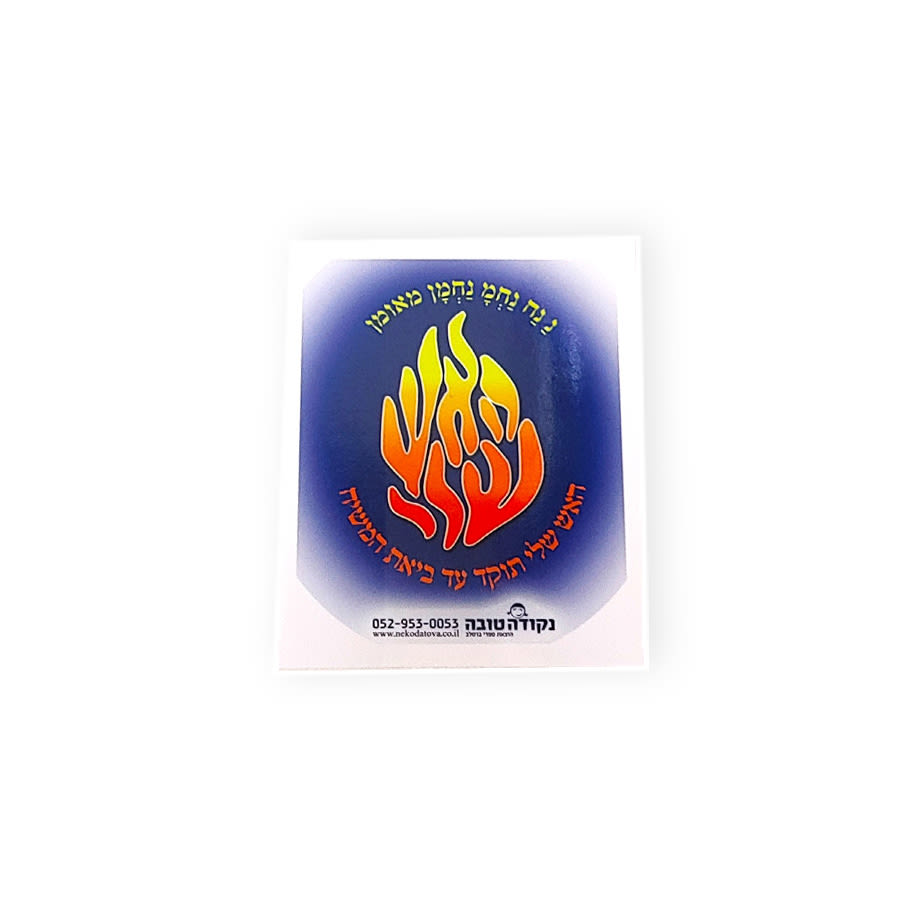
Know Your Place
Every complaint about our lives or difficulties, or things just “not going our way,” is really ignoring the fact that we are just guests in this world.

You are driving in your car on an exceptionally hot day and see someone hitchhiking off to the side of the road. The guy looks like he is about to faint from heat stress, so you have mercy on him and pull over to pick him up. He gets in the car and mumbles something to himself.
You say to him, “Really, it’s no problem, I am going that direction anyway. I am happy to take you!”
He responds with anger, “I didn’t say thank you! I was complaining that your air conditioning is on too low! And what’s this water you gave me? It isn’t cold at all! Do you have some soda instead? In any case, forgive me for pointing it out, but you aren’t treating me properly at all. You see how hot and tired I am from standing in the sun the last few hours; why aren’t you taking me out to a restaurant for some steak or at least some chicken skewers? You should be ashamed of yourself, giving me some cookies instead!”
If this story was real and you were that driver, what would you do? Any normal person would immediately pull over and thrown him out of the car! But if you were someone who had really worked on yourself, with a lot of humility, patience, and the ability to judge favorably, you would stay silent and accept the insults without responding.
Ask yourself: What is going on? How could this hitchhiker have been so brazen to think that he deserves something from the driver? Who raised him?
The root problem with our hitchhiker, is that he did not know his place. Really, this is the same problem that the Jews in the desert had, and the same problem that so many people in our generation who complain and criticize have. They can’t deal with the reality that they are just hitchhikers, just guests – they don’t deserve anything, and nothing belongs to them. Anything that they do have, is simply a free, undeserved gift.
Every complaint about our lives or difficulties, or things just “not going our way,” is really ignoring the fact that we are just guests in this world. We are guests at the table of the Creator of the World, and He is the One who provides for us and sustains us, directing our lives with tremendous mercy. Every single detail of our lives is 100% kindness – no one owes you anything.
Someone who doesn’t understand that this is the basis of all service of Hashem, and especially that this is the root of appreciating what we have – will never ever be able to say “thank you Hashem” with his whole heart. Just the opposite – for every mitzvah, and every time he says, “thank you,” he thinks that now Hashem owes him even more! “Look, I prayed! Look I prayed with a lot of kavanah (intention)! I said “thank you” for 30 minutes! I said the entire Book of Tehillim! Why haven’t I been answered?!”
The truth is the exact opposite! Hashem doesn’t owe you anything. As I sing, “I don’t deserve a thing, I just believe that everything is for the best” (in Hebrew: lo megia li klum, rak ma’amin shehakol l’tova!) If you really appreciated the mitzvot that Hashem enabled you to do, the prayers He enabled you to say, the Tehillim you recited, etc. – you would simply feel more and more indebted to Hashem, not the other way around. You would say to yourself, “Wow, Hashem helped me to say 30 minutes of “thank you” today! Ezeh zechut! What a huge gift Hashem just gave me. Thank you, Hashem!”
If it wasn’t enough that you aren’t appreciating the spiritual gifts you are being given through your prayers and good deeds or saying thank you for them, but you even think that you deserve something in return and are complaining when you don’t receive it?! You are no different than that hitchhiker! You should be thanking Hashem for the merits He is giving you every day without expecting Hashem to “pay you back.”
Such people don’t understand that they are actually undermining their own prayers. The whole essence of saying “thank you” is true gratitude, which means that you appreciate what you are saying thank you for, without ulterior motives. The thank you comes from the recognition that you don’t deserve it, and Hashem gave it to you anyway!
When we understand this concept and truly live it – our lives become happy and sweet. Life becomes filled with gratitude and appreciation, with thanking Hashem, with singing and dancing. Even the difficulties are taken with the feeling that, “I don’t have anything to complain about or feel upset about, because no one owes me anything.”
No one embodied the understanding that “I don’t deserve anything” more than Moshe Rabbeinu. Here was someone who had incredible merit, both from his own holiness and from the fact that he taught the entire generation, and therefore their merits were also considered to be his. And yet, when Moshe comes to Hashem to request permission to enter the Land of Israel, he requests a free gift and doesn’t rely on his merits! If Moshe Rabbeinu doesn’t deserve anything, then who in the world deserves something?!
We could spend an entire article analyzing Moshe Rabbeinu and all the different ways that we should emulate him, but for now it is enough to understand that we must completely uproot the feeling that we deserve something! Only when we achieve this, can we truly experience the light of saying “thank you,” understand what emuna really is, and live a truly happy and fulfilled life.











Tell us what you think!
Thank you for your comment!
It will be published after approval by the Editor.